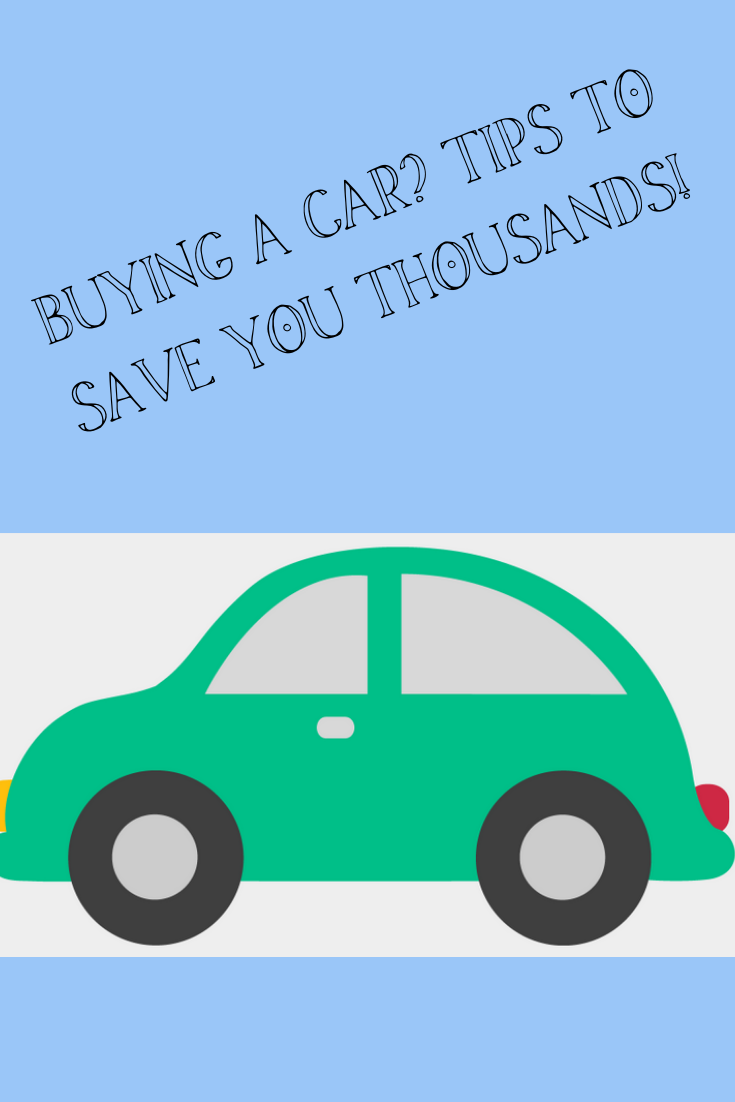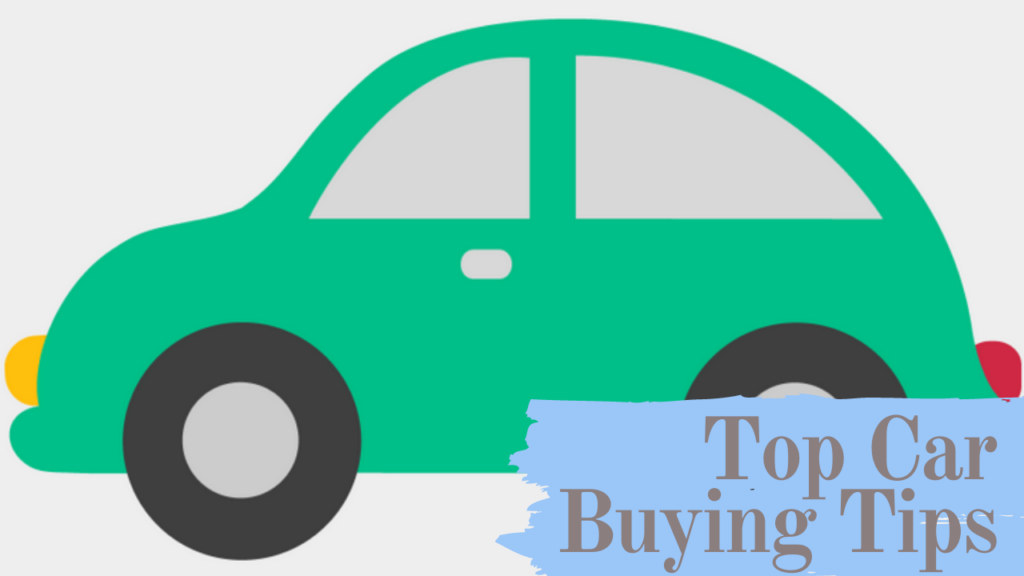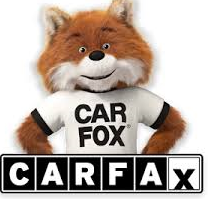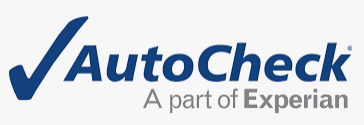This post may contain affiliate links. Read our disclosure here.
Thinking about buying a car? There are several questions that might come to mind. What kind of car best fits my needs? New or used car? What is my budget and should I finance or pay cash for my purchase? Here are some pointers to help you in your car search!
First, we need to consider what car would best suit your needs! Some things to consider and ask yourself when buying a new vehicle include: How many people or pets do I need to carry? Does 4-wheel drive or all-wheel drive need to factor into my decision? What are my must-have features including safety features? Do I need towing capacity? How many car seats need to fit into my car? How much cargo capacity is needed? What kind of driving do I typically do and is gas mileage a consideration? Where do I typically park? The answers to some of these questions can help you determine needs verses wants. For instance, you might choose a van for practicality purposes instead of the fancier SUV because it offers the most for your needs in this season of life.
Once you determine the right car for you, it’s a good idea to go in knowing how much you can comfortably spend on your car and whether you want a new or used vehicle. If you have the money to buy the car outright, this is generally recommended but there are some things to consider. Buying with cash can help you stick to a budget because you have that money in hand to purchase the car. With paying cash, you won’t have a monthly payment or pay interest overtime (interest rates vary based on credit) but it could deplete your savings. Also, some would argue that it makes more sense to invest the money that you would use to pay for the car. If you can qualify for a low interest rate, some might feel it makes sense to invest the cash and finance the purchase of the car. This might be a gamble, but if the return on investments is higher than the auto loan interest rate, you might come out ahead. If paying cash, just be sure not to mention that to the dealer right out the gate!
There are online financing calculators to help you determine your monthly payment based on the purchase price, down payment, loan term, and interest rate. If you’re buying a new car, often times there is special financing available and cash back offers that dealers have for buyers with good credit. These deals are typically for people buying a car with a loan. If you focus on a monthly payment, you can get wrapped up in extras thrown in by the dealership, fees, etc and you might end up paying more than you originally wanted to. Do keep in mind that cars depreciate quickly with new cars losing 20% or more of their value in the first year! So, if you buy that brand new SUV for $40,000 because you can afford the monthly payment, it is still going to depreciate considerably the first few years. If you finance with a long loan term, you might find yourself owing more than the car is worth so if there is any chance you might trade in the car in the next few years be sure to keep that in mind.
Also, be aware of the insurance costs of your vehicle. It’s a good idea to shop around so you know the insurance prices and don’t have sticker shock once you have purchased the vehicle. Insurance can really vary and vehicles in the same class can have different repair costs. Edmunds has a True Cost to Own Calculator that can be helpful to calculate extra costs including depreciation, interest on your loan, taxes and fees, insurance premiums, fuel costs, maintenance, and repairs so you can be prepared.
To research where to buy your car, you can check out Car Gurus. It’s a website that helps you shop for cars based on a specific geographical radius of your choosing, car features including the specific model, mileage, etc. You can search for new and used cars whether from a dealer or individual. Choose for certain results not to be displayed including cars with frame damage, accidents reported, etc and they include a “deal ratings” section so you can choose from their Great or Good deals based on specific criteria. CarMax, Echo Park and Carvana are other websites that you can go to browse used inventory for sale. While their prices might be slightly higher than other dealerships, they offer haggle-free pricing, curbside or drop off buying, a return policy and other convenient features that may justify the higher prices.
When buying from a dealership, you have a wider selection of inventory to choose from plus more financing options available. Many banks won’t finance vehicles through a private seller. If you’re looking for a great deal, buying from a private seller can be the way to go but it can also be the riskier option too. Dealerships often add various fees and have higher prices but sometimes include warranties plus they might be more inclined to stand behind their inventory as opposed to a private seller. If you do buy from a private seller, be sure to ask the right questions, take the car for a test drive, and verify that there are adequate service records. Don’t forget the check details like tire condition too! Often dealerships will provide the Carfax information for a typical vehicle for free, but you might need to request your own if buying from an individual . This is usually a $39.99 fee. Autocheck is another service that can be a good way to check what maintenance has been performed on the vehicle. This is a $24.99 fee for a single report. Again, buying a car from an private seller can get you a wonderful deal, just be sure to do your homework so you don’t end up with a car with serious issues that can cost you thousands in the long run.
Negotiating can be a painful process but it doesn’t have to be! Before heading to the dealership, be sure to do your research on features and car prices. Make sure you have a good idea what the exact car you have in mind is going for in your area. You can also check with banks, credit unions and other lenders about financing options. Dealerships like to arrange your financing because this can be very profitable for them and adding financing to the negotiation can be to their benefit. If you do think you might finance, it’s a good idea to come with a pre-approved financing offer. Whichever loan you choose, be sure you understand the terms of the loan. If you are buying a car with a trade-in, be careful that dealerships don’t low ball your trade-in. It’s true that you won’t get as much as you would selling to an individual, but it can be less hassle too. It’s a good idea to bring up your trade-in at the end of negotiation and have an idea of what the trade-in price would be. Kelley Blue Book is a good place to get this information.
Let me know what car you will buy next and why!








